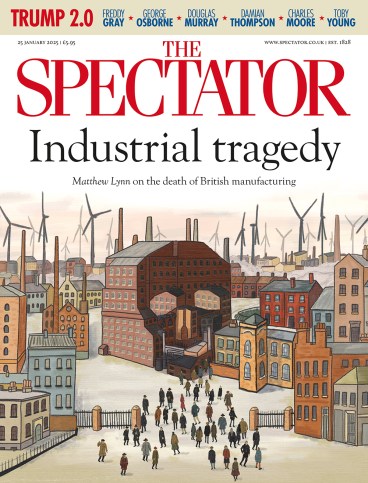
The ceramics industry of Stoke-on-Trent is one of the great survivors of the Victorian era. At its height, some 70,000 people were employed by the likes of Wedgwood and Spode to work in the potteries. Despite the Clean Air Act of 1956 – which banned coal-fired kilns – the deindustrialisation of the 1980s and the struggle to compete against the rise of cheaply made Chinese goods, the industry lives on and still employs around 7,000 people, manufacturing everything from teapots to tiles for the London Underground.
In 2022, some companies saw their six-month energy bills rise tenfold
Stoke can at times seem like it’s living in the ruins of its past – but while the ceramics sector is no longer a large industry, it is still hugely important to the city. Once again, though, it is under threat: this time from high energy prices and rising costs.
Moorland Pottery is one of the firms affected. It is among Stoke’s smaller ceramic businesses, but also a success story. It is based in an old pottery built in 1888, with the blackened bricks of one of Stoke’s bottle kilns overlooking its cobbled courtyard. At one point 4,000 of these kilns were dotted around the city. Now there are just 47. Founded 38 years ago, Moorland mainly manufactures mugs with various local designs. The whole process is done in-house. Despite only having six employees, the company makes around 40,000 mugs a year, all to order.
Most of the production takes place on two floors of the factory. Upstairs, next to the unused chambers of the old bottle kiln, the clay is mixed and pumped next door to be cast into moulds.

Magazine articles are subscriber-only. Keep reading for just £1 a month
SUBSCRIBE TODAY- Free delivery of the magazine
- Unlimited website and app access
- Subscriber-only newsletters








Comments
Join the debate for just $5 for 3 months
Be part of the conversation with other Spectator readers by getting your first three months for $5.
UNLOCK ACCESS Just $5 for 3 monthsAlready a subscriber? Log in